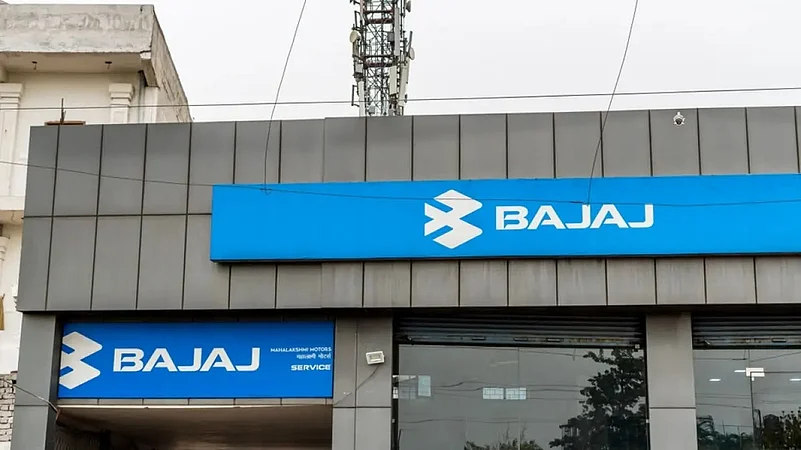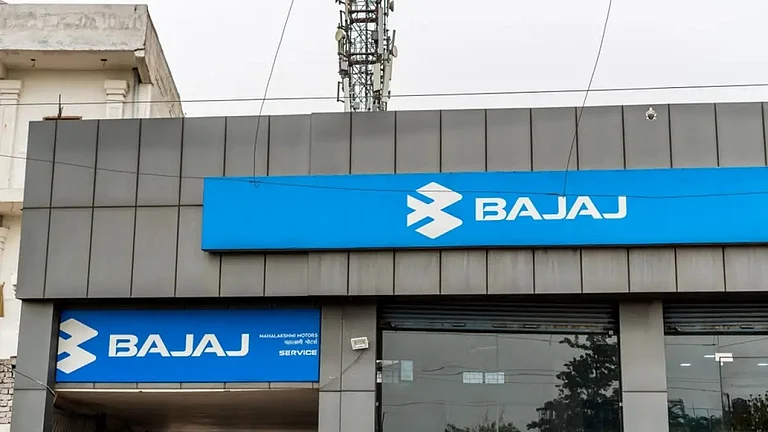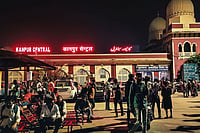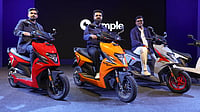
Bajaj Auto launches the Bajaj Riki, marking its entry into the electric rickshaw segment
Riki offers a 149 km range, 4-hour charging time, and enhanced stability features
Bajaj aims to address quality and safety gaps that dominate the MSME-led e-rickshaw market
With an ex-showroom price of Rs 1.90 lakh, the company expects competitive total ownership costs supported by financing options
India’s largest three-wheeler manufacturer, Bajaj Auto, has entered the electric rickshaw market with the launch of the Bajaj Riki. The move follows the introduction of its electric auto, Bajaj GoGo, earlier this February. Bajaj already leads the CNG auto segment with a market share of over 80%.
With Riki’s higher range, shorter charging time, and improved stability, Bajaj aims to address the key “weak links” in the current market, the company said at the launch event held in Delhi on Wednesday.
The electric rickshaw market today is dominated by regional players such as Saera Electric Auto, YC Electric Vehicle, and Dilli Electric. Bajaj is the first among the major three-wheeler manufacturers to enter this highly competitive and fast-expanding segment.
E-rickshaws account for about 38% of the total three-wheeler market, followed by electric autos at 19% and ICE autos at 43%, the company noted during its presentation. Rapid urbanisation, population growth, and the need for last-mile connectivity have been driving the expansion of the e-rickshaw segment, according to Samardeep Subandh, President of Bajaj Auto’s intracity business unit.
“In the last 6–7 years, the three-wheeler industry has doubled from 60,000 units per month to about 1.2 lakh units, including e-rickshaws. All the action and growth in the country is fuelling an explosive expansion of this segment,” he said.
While the overall three-wheeler market has grown rapidly, much of that growth has come from e-rickshaws and e-carts. However, limited range, low uptime, and poor vehicle stability have been persistent pain points. Subpar quality and weak engineering have also raised safety concerns among policymakers and commuters.
The Electric Vehicle Manufacturers Society (EVMS), representing MSME EV manufacturers, has previously flagged issues around illegal import and assembly of Chinese e-rickshaw kits, which they claim have contributed to accidents.
With a claimed range of 149 km and a charging time of four hours, the Bajaj Riki aims to resolve many of these issues. Its range is 40% higher than competing products, the company said. The vehicle also features an anti-roll bar to prevent toppling, hill-hold assist for stability, independent suspension, and hydraulic brakes for better control.
“Bajaj Riki has been designed using deep customer insights, rigorously tested, and is backed by Bajaj Auto’s extensive service network — a combination the category has long needed,” the company said in a statement.
Riki is priced at Rs 1.90 lakh (ex-showroom). While the market currently offers products in the Rs 1.2–2.0 lakh range, Bajaj said the total cost of ownership for Riki will be lower or comparable to rivals, helped by the company’s financing options.





























